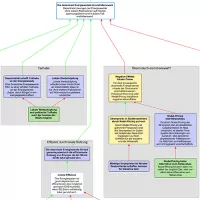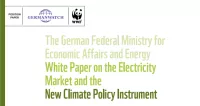
The energy transition requires a restructuring of the energy system and, as a result of decentralisation, also increasing digitalisation to integrate all actors and make them more flexible. However, digitalisation can be shaped and should happen under ecological and social premises. In this paper we present the challenges and evince possible solutions.



